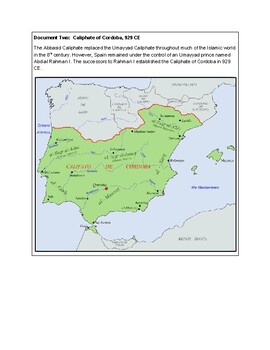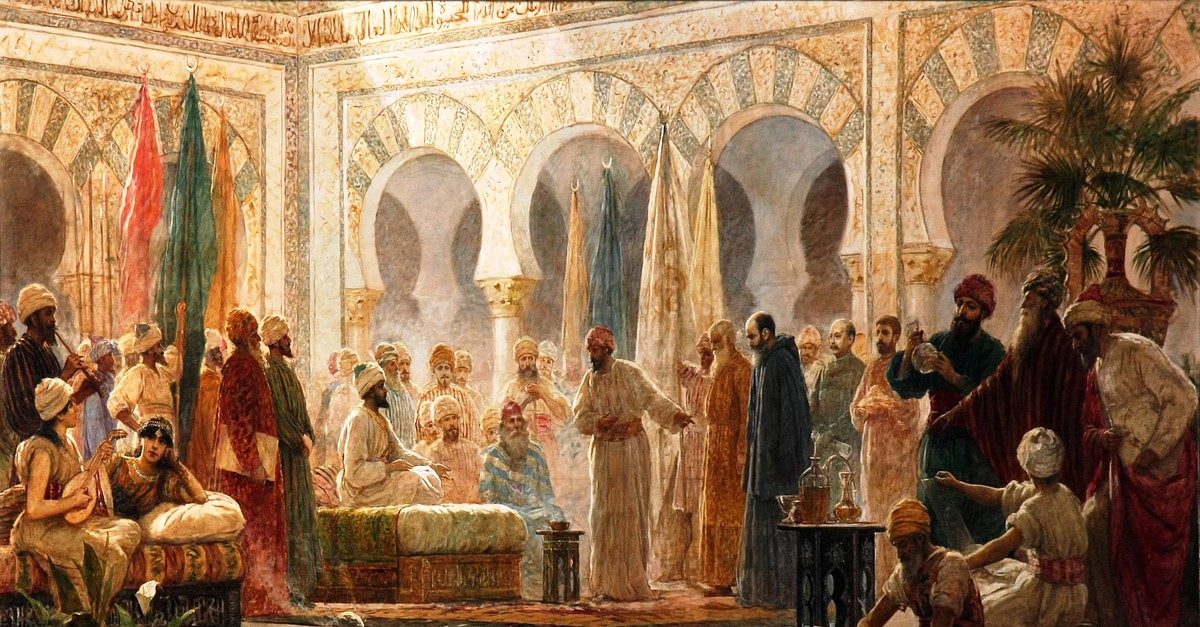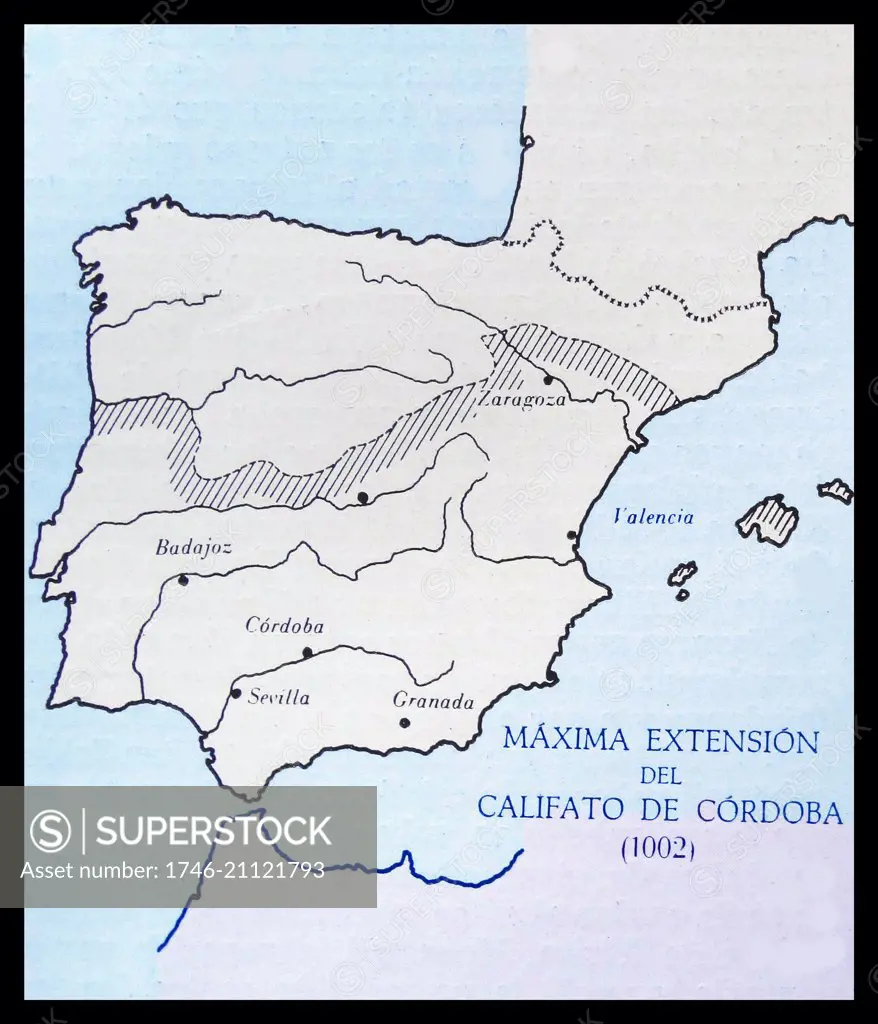The Caliphate of Cordoba was a Muslim state in the Iberian Peninsula, located in present-day Spain and Portugal, that flourished from the 10th to the 12th centuries. It was founded by the Umayyad dynasty, a powerful Muslim dynasty that had previously ruled over the Arab world. The Caliphate of Cordoba was a period of great cultural, scientific, and economic achievements, and it is remembered as one of the most enlightened and prosperous periods in the history of the region.
The Umayyads came to power in the Iberian Peninsula in the early 8th century, following the Muslim conquest of the Visigothic Kingdom. Under their rule, the region experienced a period of rapid development and cultural exchange. Cordoba, the capital of the caliphate, became a center of learning, with a thriving library and numerous universities. Scholars from all over the Muslim world came to study at Cordoba, making it a hub of knowledge and a beacon of intellectual curiosity.
One of the most significant achievements of the Caliphate of Cordoba was its advances in science and technology. Cordoba was home to some of the most brilliant minds of the time, including the famous scientist and philosopher Averroes. Under the patronage of the Umayyads, Cordoba became a center of scientific research and experimentation. The caliphate also made significant contributions to the fields of medicine, mathematics, and astronomy.
The Caliphate of Cordoba was also a period of great economic prosperity. Cordoba was a major trade center, with merchants from all over the world coming to trade goods such as textiles, metals, and spices. The Umayyads encouraged trade and established a network of roads and ports to facilitate commerce. This economic growth contributed to the overall prosperity and cultural flourishing of the caliphate.
In addition to its cultural and economic achievements, the Caliphate of Cordoba was known for its religious tolerance. The Umayyads encouraged religious diversity and allowed people of different faiths to practice their religion freely. Jews, Christians, and Muslims lived and worked alongside each other, and Cordoba was home to a diverse array of religious communities. This tolerance and coexistence helped to create a harmonious and multicultural society.
Despite its many achievements, the Caliphate of Cordoba eventually declined and fell in the late 11th century. It was replaced by a number of smaller Muslim states, and by the early 13th century, the Iberian Peninsula was fully conquered by Christian forces. Despite its eventual demise, the Caliphate of Cordoba left a lasting legacy on the region and is remembered as a golden age of Islamic civilization.

.jpg/220px-Mihrab_de_la_mezquita_de_Córdoba_(17060237467).jpg)
